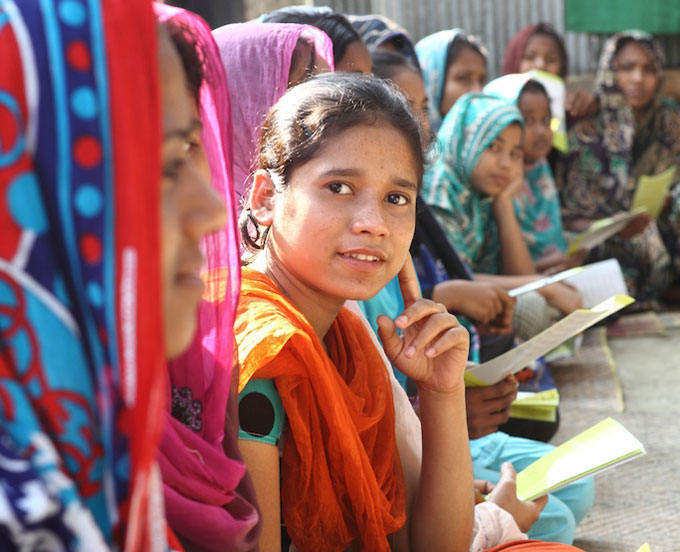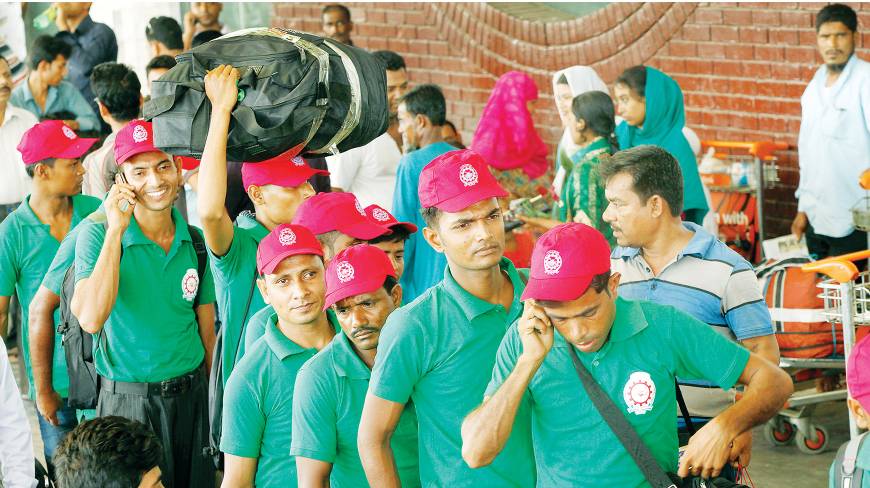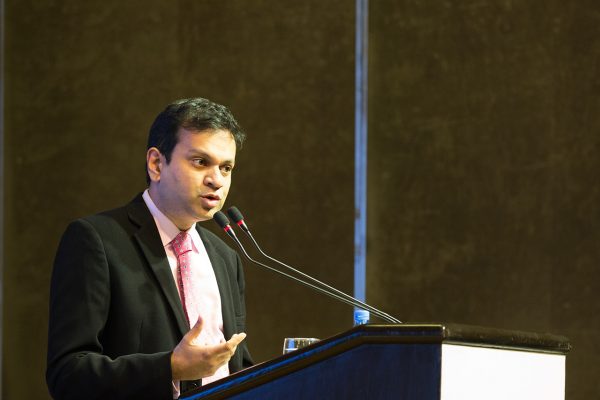Lighting the way for migrant workers
Reading Time: 3 minutes
Waiting at an airport on my way home from a trip to Malaysia, a man walked up to me hesitantly and asked if I could help him fill out his immigration card. He was a Bangladeshi man in his mid-40s. While filling out his documents, we started talking and I learned that he was on a migrant worker’s visa and used to be a chef at a resort. When I asked him if he was headed home for a vacation, he informed me with a stoic expression that he was being deported for being Hepatitis B positive.
Waiting at an airport on my way home from a trip to Malaysia, a man walked up to me hesitantly and asked if I could help him fill out his immigration card. He was a Bangladeshi man in his mid-40s. While filling out his documents, we started talking and I learned that he was on a migrant worker’s visa and used to be a chef at a resort. When I asked him if he was headed home for a vacation, he informed me with a stoic expression that he was being deported for being Hepatitis B positive.
As we talked, I also discovered that he had been working in Malaysia for ten years. His pay went almost entirely to his parents, his wife and his six-year-old son back home. He was allowed one vacation every year but he didn’t cash in the vacation days, preferring to send the airfare money back home. Now that he was headed home and he was sick, he didn’t know what lay in store for him.
Welcome to the life of a typical migrant worker from Bangladesh. The lack of education and job opportunities back home compel thousands of people to take menial jobs in different parts of the world each year. They work as busboys, kitchen staff, house cleaners, taxi drivers and a variety of other small jobs. Most people who leave for these jobs do not have a basic understanding of English beyond what they pick up from conversations over time. Even a decent level of education does not guarantee a job that matches the qualifications of these workers.
Some manage to find good employers and undergo an easier transition, but most workers live precarious lives where any second, the smallest offences could have them sent back home without pay, or worse, kept back from ever coming back home, without pay. It is no surprise that women migrant workers face risks more grave than the men. Migrating workers have the highest chances of getting embroiled in human trafficking with disastrous outcomes. Sending them out uneducated and without proper protection into absolutely unknown territories leave them vulnerable in depths that cannot be fathomed.

BRAC’s migration forums act as pressure groups that aim to reduce vulnerability of migrant workers and their families.
The legal framework that can protect these valuable workers is not enough to properly regulate the immense number of people who migrate abroad each year. Black markets for labour and human trafficking rings take advantage of this very predicament and exploit the desperation of workers. For many families, migrating abroad and working menial jobs is the only source of sustenance. Sensing this, middlemen charge exorbitant amounts of money and then cheat them by handing out fake documents. BRAC is one of the many organisations who have taken responsibility to break this cycle of injustice and exploitation through migration services of its own.
Between October 2006 and June 2015, BRAC has established 17 safe migration centres across Bangladesh where workers can learn valuable skills before applying for work abroad. Alongside these centres, BRAC also helps in getting workers in contact with the Bangladesh Bureau of Manpower, Employment and Training (BMET) for verification of travel documents. It also provides returnee migrants with social and legal counsel and creation of entrepreneurial opportunities.
It is too often that stories of abuse and neglect find the headlines on the news. Living as a migrant worker remains a frightening and lonely reality. As we honour their bravery and hard work on the International Migrants Day this year, let’s take it a step further and create more opportunities to light their way as they make their uncertain journeys across the world.
Tanzia Haq is a senior communications officer, BRAC Communications.






